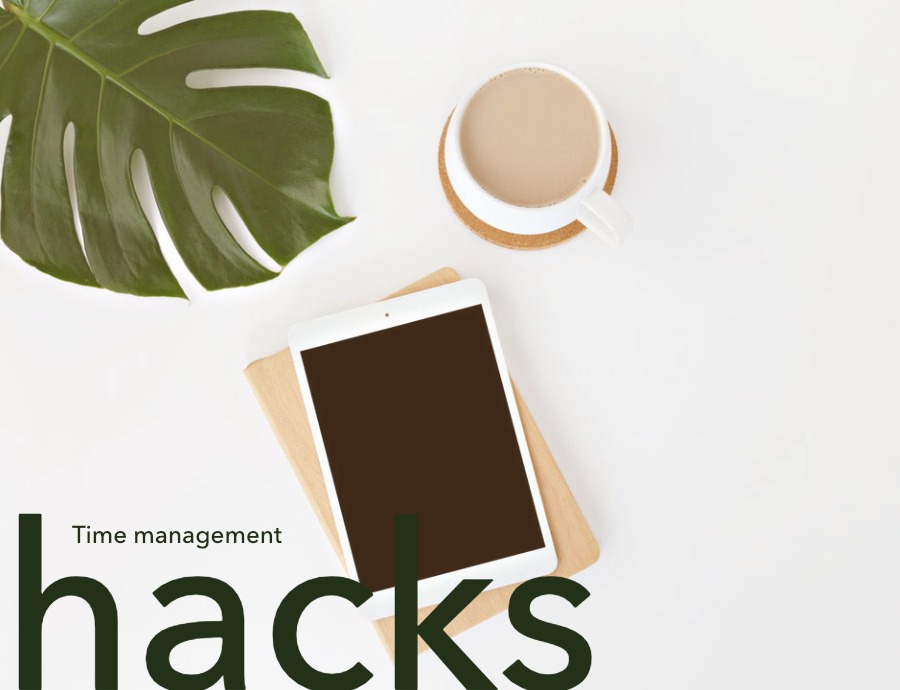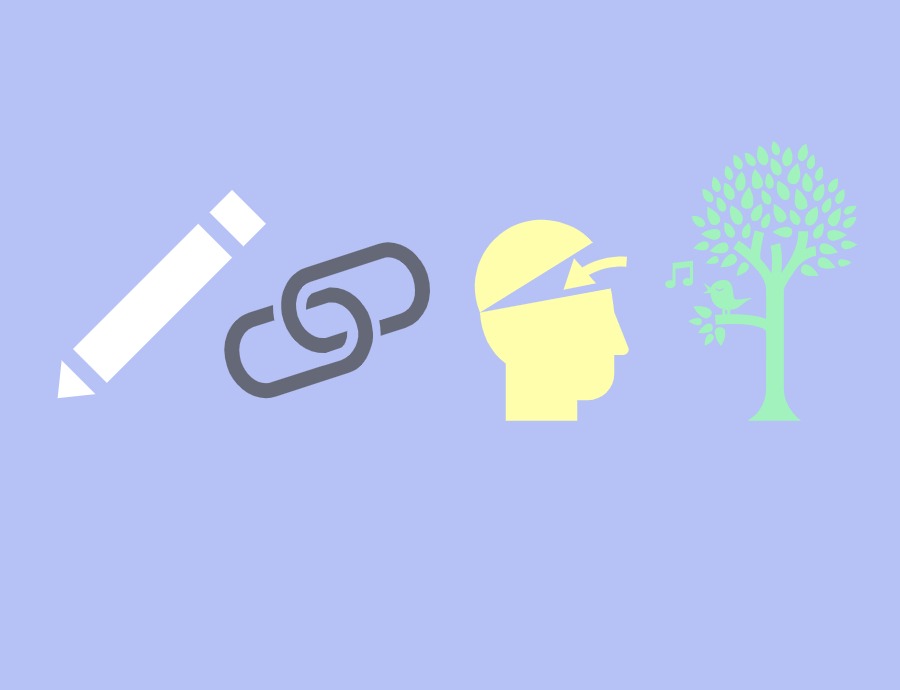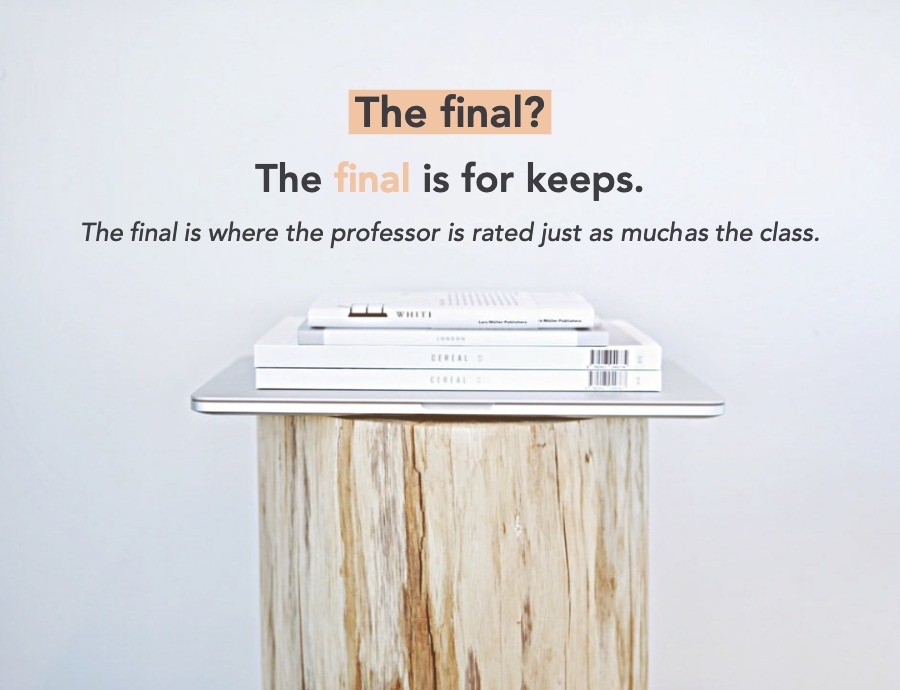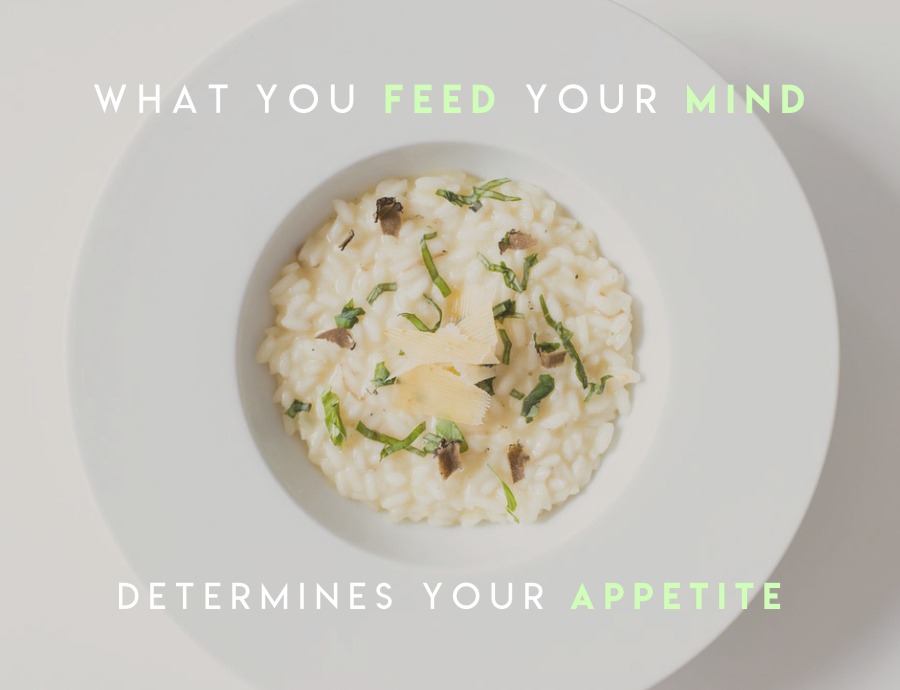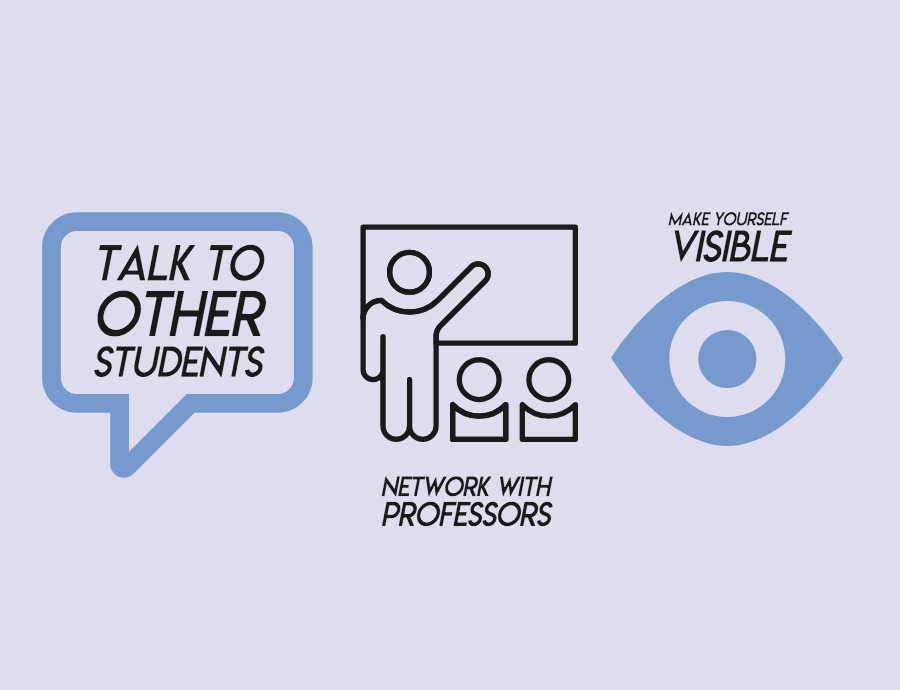It turns out that students aren’t the only people who have trouble with focus and time management. Unfortunately, these are problems that tend to follow you out of academia and into the rest of your life. The good news is that there are lots of time management hacks that you can use to help you hone your focus. Productivity consultant David Allen created the Getting Things Done (GTD) system mainly for the corporate world of businesses and boardrooms, but it can be adapted to help you maneuver through student life as well.
Each morning, you write down and classify all of your daily tasks. Then, the rest of the day, you can focus on just doing the work that you’ve set out.
Here’s how it works:
The great benefit of this system is that you don’t need to waste precious mental space thinking and worrying about what you need to do and what to do next. Your calendar will do the worrying for you, and you just need to focus on the easily achievable goals. An even bigger benefit is that you can use this system after you graduate as well.
Each morning, you write down and classify all of your daily tasks. Then, the rest of the day, you can focus on just doing the work that you’ve set out.
Here’s how it works:
- Collect task information. What do you actually need to get done every day? Write down everything that you need to do. Start with the big stuff such as test and exam dates, assignment deadlines, test studying, but write down the little things as well, such as laundry cooking, grocery shopping. To make sure that you capture everything that you need to do on a daily basis, it could help to carry a notebook around and write a note every time that you do a task. That way you’ll collect even the minutia like emails, telephone calls, etc.
- Clarify what actually needs to be done. The task “study for math midterm” is too big and too overwhelming. In order to do it well, you need to write down what that task actually entails. So your next step is to understand each of the tasks that need to be done, and break them down into what David Allen calls actionable items. What does studying really mean? Break down the big tasks into smaller subtasks that you can start and finish. For example, the major task “study for math test” could be broken down into sub-tasks organize notes, read through notes, review and retry assignment questions, write practice test. Now all the big tasks will feel do-able, and you can figure out a plan to actually get them all done.
- Organize everything. Now that you have smaller tasks that you can understand, you can organize them and decide when to actually do all these little, achievable things. You can use a daily planner, or scheduling apps.
- Think it through, every day. Each morning, look through your calendar, and make a hierarchy: what actually needs to be done? What can be put off? When can you fit it all in?
- Get it all done! Finally, do all the tasks that you’ve thought through and organized. If, at the end of the day, you haven’t finished the tasks, then just write them down again in your calendar, and trust that you’ll get them down the next day.
The great benefit of this system is that you don’t need to waste precious mental space thinking and worrying about what you need to do and what to do next. Your calendar will do the worrying for you, and you just need to focus on the easily achievable goals. An even bigger benefit is that you can use this system after you graduate as well.

